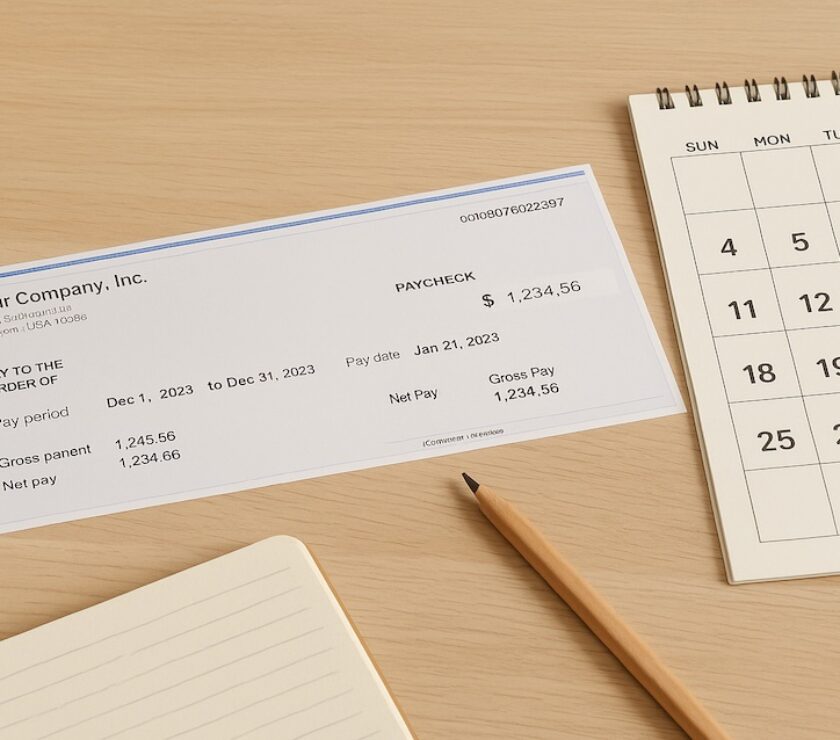Get Started Today
Building a solid financial foundation is crucial for long-term security and peace of mind. It’s the bedrock upon which you can construct a stable financial future, enabling you to weather unexpected storms and pursue your goals with confidence. A strong financial foundation provides a safety net during challenging times, offers flexibility in decision-making, and creates opportunities for growth and prosperity. By prioritizing fundamental financial practices early on, you set yourself up for success and reduce the stress linked to money management. Whether you’re just starting your financial journey or looking to strengthen your existing framework, focusing on the essentials of a solid financial foundation is a wise investment in your future well-being.
Don’t wait to build your financial foundation. Take action on these three crucial steps:
1. Credit Card Debt Pay Off
The first step to building a strong financial foundation is to tackle any outstanding credit card debt. Credit card interest rates can be exorbitantly high, often over 20% APR. Every dollar you can put towards paying down this high-interest debt is a dollar saved that can then be redirected towards your long-term financial goals.
2. Stock Up On An Emergency Fund
Having a fully stocked emergency fund is the next critical building block for a solid financial foundation. Experts recommend saving 3-6 months’ worth of living expenses in an easily accessible savings account. This cash cushion can help you avoid going into debt when unexpected expenses arise, like medical bills, car repairs, or job loss.
How Much to Save?
Financial experts generally recommend saving three to six months’ worth of living expenses in an emergency fund. This amount is intended to cover essential costs like housing, food, utilities, and healthcare in case of unexpected events like job loss, major illness, or significant home or car repairs. Nonetheless, the exact amount can vary based on individual circumstances. Those with stable jobs or multiple income sources might aim for the lower end of the range, while freelancers or those with dependents might prefer to save more.
Many advisors suggest that up to 12 months of expenses might be appropriate for those in highly volatile industries or with specialized skills that could make finding new employment challenging. Ultimately, the goal is to have enough savings to give a financial cushion and peace of mind during unforeseen circumstances.
Finally, the third basic element of a strong financial foundation is to have a retirement account set up and growing through consistent contributions. The power of compound interest means that the earlier you start saving, the less you’ll need to contribute each month to hit your retirement goals.
Many employers offer 401(k) plans with matching contributions, which is an excellent way to jump-start your retirement savings. For those without access to an employer-sponsored plan, an Individual Retirement Account (IRA) is another great choice.
The key is to start saving for retirement as early as possible, even if you can only contribute a small amount each month. Over time, those contributions will compound, and you’ll be well on your way to a secure financial future.
Get Started Today
Don’t wait to build your financial foundation. Take action on these three crucial steps—paying off credit card debt, establishing an emergency fund, and setting up a retirement account—to set yourself up for long-term financial success. Your future self will thank you.




